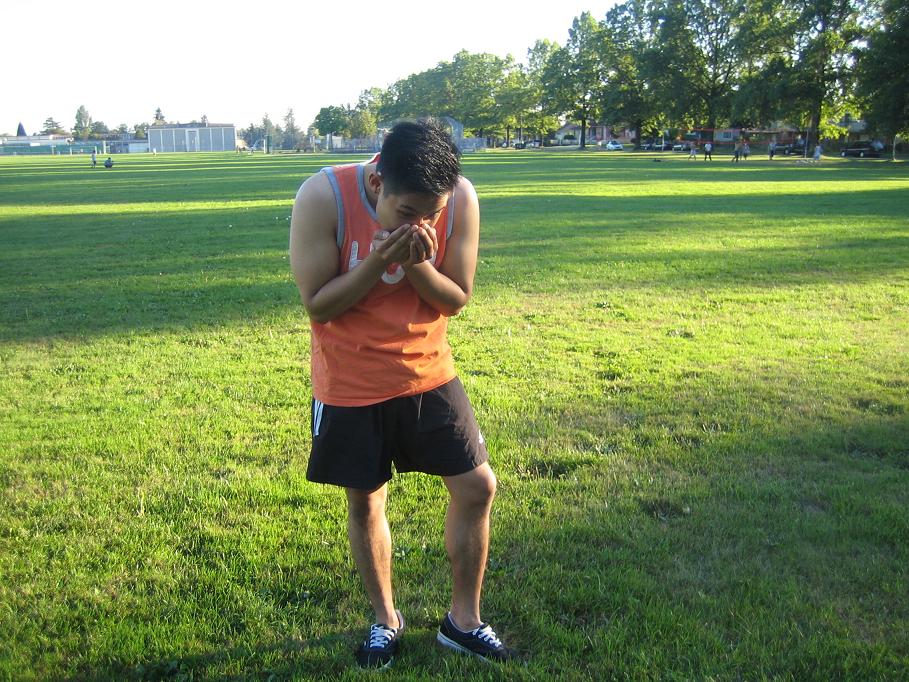Acute sinusitis can last for a week but it is not unusual for it to persist for 2-3 weeks. Sinusitis is categorized as acute if it lasts from 4-30 days. Many individuals only experience 1-2 episodes of acute sinusitis in their lives. On the other hand, some suffer from repeated episodes.
https://www.youtube.com/watch?v=2KIrGQN7cE0
What are the indications?
- Pain and tenderness – this occurs over the infected sinus. The pain is often described as throbbing and worsens if the individual bends the head forward. In addition, chewing can trigger discomfort as well.
- Blocked nose – both sides of the nose might be blocked and the sense of smell is diminished.
- Runny nose – if the drainage is yellowish or greenish, it is likely a bacterial infection in the sinuses. A runny nose might dry up if the sinus drainage channels are obstructed with thick mucus. Once this happens, tenderness and pain over the infected sinus worsens.
- Fever – this can develop and the individual feels generally sick
Pain and tenderness occurs over the infected sinus. The pain is often described as throbbing and worsens if the individual bends the head forward.
Management
There are treatment options that can alleviate the symptoms while waiting for the immune system to clear up the infection such as the following:
- Pain medications such as ibuprofen or paracetamol can be given to reduce any pain and fever. Oftentimes, potent pain medications such as codeine are used for a short period.
- Decongestant nasal sprays or drops can be used to momentarily alleviate a blocked nose. Just remember that these should not be used for more than 5-8 days at a time. If used longer, it can lead to rebound congestion.
- Apply warm facial packs over the sinuses to ease the pain.
- Keep the body properly hydrated by drinking more fluids.
- Saline nasal drops can help reduce congestion and blockage in the nose.
Do I need antibiotics?
In most cases of acute sinusitis, they are triggered by viruses, thus antibiotics are not used. Nevertheless, there are instances in which antibiotics are prescribed such as:
- Symptoms are severe or if the individual is very sick.
- There are other conditions such as heart issues, cystic fibrosis or a weakened immune system.
- If the symptoms do not subside within 7 days or continue to worsen.


